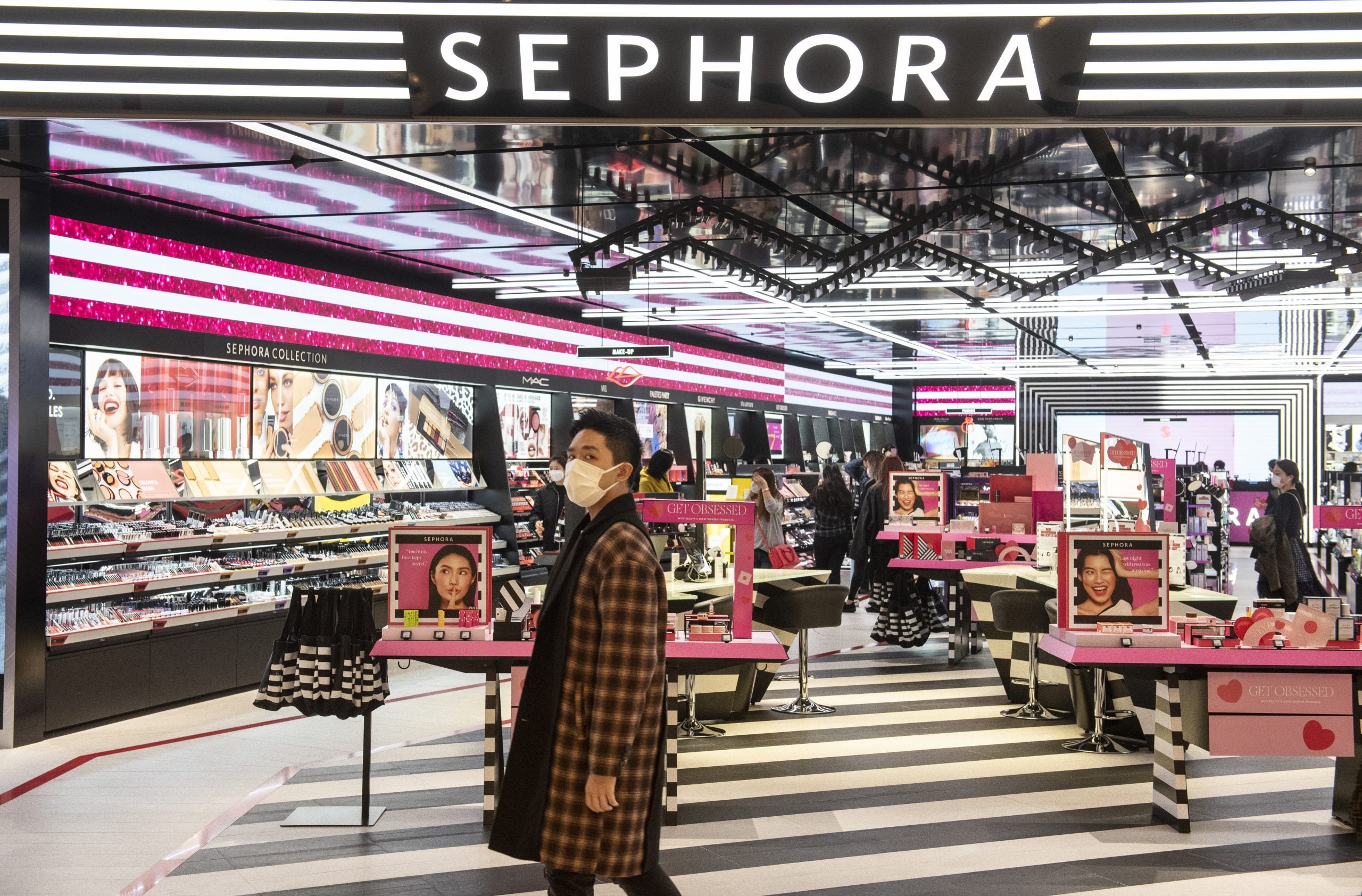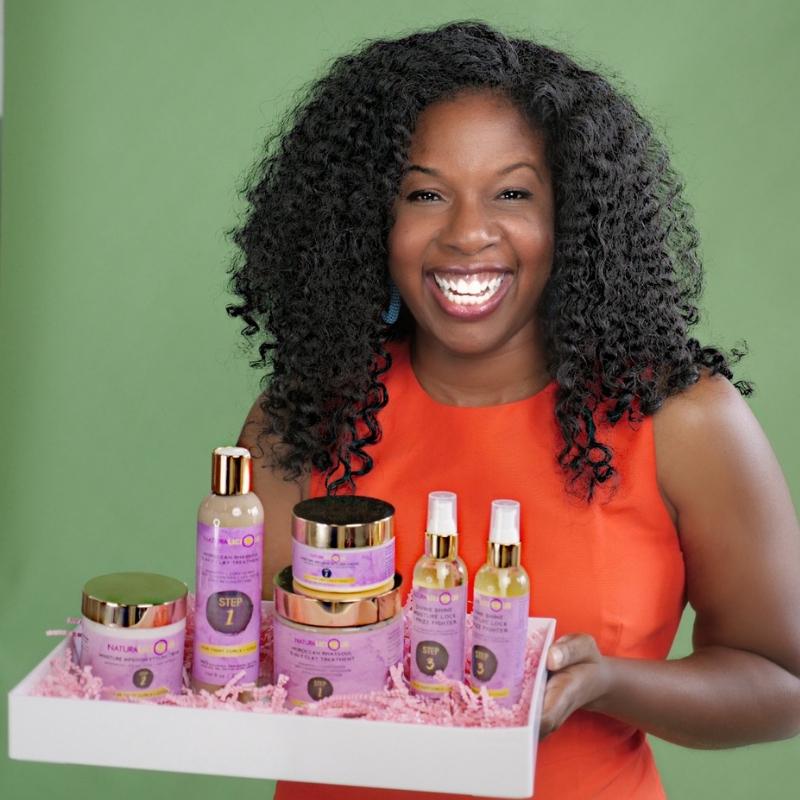
On Tuesday Sephora announced that it was closing all its stores across the U.S. and Canada through April 3 in response to the rapidly changing situation surrounding the outbreak of the coronavirus. For many it didn’t feel real until major retailers such as Macy’s, Sephora and H&M began to shut the doors to their thousands of stores.
In a statement to the public, Sephora said, “When Sephora first opened its doors, we did so with the mission to create a unique community for all beauty enthusiasts. Since then, we have always taken our responsibility to protect the well-being of our people and community seriously. It was with that responsibility in mind that we made this decision.”

The company also ensured that all store employees will continue to receive their base pay for scheduled shifts for the duration of the closure. In addition, health and wellness benefits for employees who are currently enrolled will continue. And sephora.com and sephora.ca e-commerce sites will remain operational and supported by their supply chain team with enhanced measures to ensure their health and well-being.
“We are grateful for the strength and resilience of our teams during this time and we appreciate the continued support of our clients,” the statement continued. “We will continue to update our community as information becomes available.”
Naturally this sent shockwaves through the beauty community, especially the industry’s small-business owners who don’t have the capacity to pay employees while their operations are on pause. And for Black-owned businesses that rely heavily on the community to stay afloat, store closings can quickly start a chain reaction that results in a business downturn.
Many brands can anticipate seeing reduced sales, brick-and-mortar closures, the postponement of launches and events, a shortage of supplies and inventory (many have been held at customs), and added clean-up costs for their facilities.
So ESSENCE talked to the owners of some of our favorite Black-owned beauty brands to find out how they’re pivoting to deal with the current business climate, and what other businesses can do to stay productive during these confusing times.
“Coronavirus has come through and created so much turmoil not only for my business but also for me personally,” says Melissa Butler, CEO and owner of The Lip Bar. “I’ve had to make some tough decisions—closing the store, reducing marketing spending dramatically and also driving my team toward efficiency. So in the midst of all of this, I’m working on me to make sure I’m the best leader both now and later.”
For Butler, that looks like working out four times a week, cooking, making smoothies, writing down her feelings in a journal, and putting on a little makeup to go to work on her couch.
“Making sure you look good and feel good in this time absolutely helps with mental anguish and the feeling that nothing matters anymore,” she says. “I’m plotting how to build deeper connections with my audience and how to make up lost revenue after all this is over.”
Lulu Cordero, CEO and owner of Bomba Curls, agrees. She sees how the coronavirus is causing major stress throughout the community, from supply chain issues to canceled beauty events and trade shows. She suggests finding ways to ease the pain for customers and finding joy in treating yourself.
“Self-care is so important, especially during these stressful times,” she says. “For me, the focus is on remaining productive throughout this situation and not only delivering healthy, wellness-focused, high-quality products to my customers but also offering an easy online shopping experience. We all need to take a moment to breathe, and I know sometimes taking that little extra time to treat yourself to a hair mask or an oil treatment can make all the difference in how you feel inside and out.”

Naturalicious CEO Gwen Jimmere and her team began planning for a shortage in supply due to coronavirus when they first started to hear that it may impact small businesses in a big way. The first thing she did was close the office and allow everyone to work from home with full pay. The brand’s marketing leads are also looking to ensure that the brand messaging doesn’t get lost in the sea of “coronavirus chaos.”
“As the leader of my team, I am responsible for ensuring that my staff feels the smallest amount of stress as possible so that they can remain productive and healthy during this time,” says Jimmere. “Our supply chain has definitely been affected. Though we manufacture all of our products in the U.S., some of our raw materials and packaging are imported from Europe and Africa. But the proper planning we’ve always done even before COVID-19 and having created a solid contingency plan is allowing us to feel confident about weathering this storm.”
For Jimmere, it’s business as usual with some modifications. And with a team that runs like a well-oiled machine, she’s taking precautions but is not particularly panicked about the bottom line.

“We are also still pushing forward with the opening of the first Naturalicious Salon, which is located in Detroit,” she says. “We realize customers may not be working as much as possible and they may be tightening up their wallets during this time. But we’ve built an extremely strong and loyal tribe of thousands of Claymates, aka our customers, who have proactively informed us that they’re actually doubling down on stocking up on Naturalicious while they are quarantined.”
The upside of this is that quarantine and work-from-home orders makes right now a great time for some DIY hair care, hairstyling and makeup experimentation. Small businesses are still operating online, with many offering discounts and waiving delivery fees. So consumers can still access these brands as long as delivery isn’t interrupted.
And many cities and states are offering small-business relief through zero- and low-interest rate loans for companies in need. New York City has announced that companies with fewer than 100 employees that have seen a decrease in sales of at least 25 percent can get a zero interest loan of up to $75,000. Relief programs vary by city and state, so check your local government website as well as the U.S. Small Business Administration for more information.




